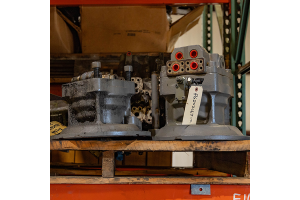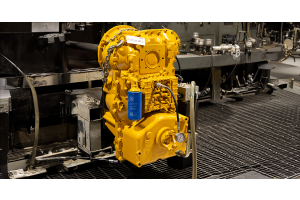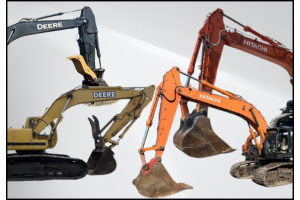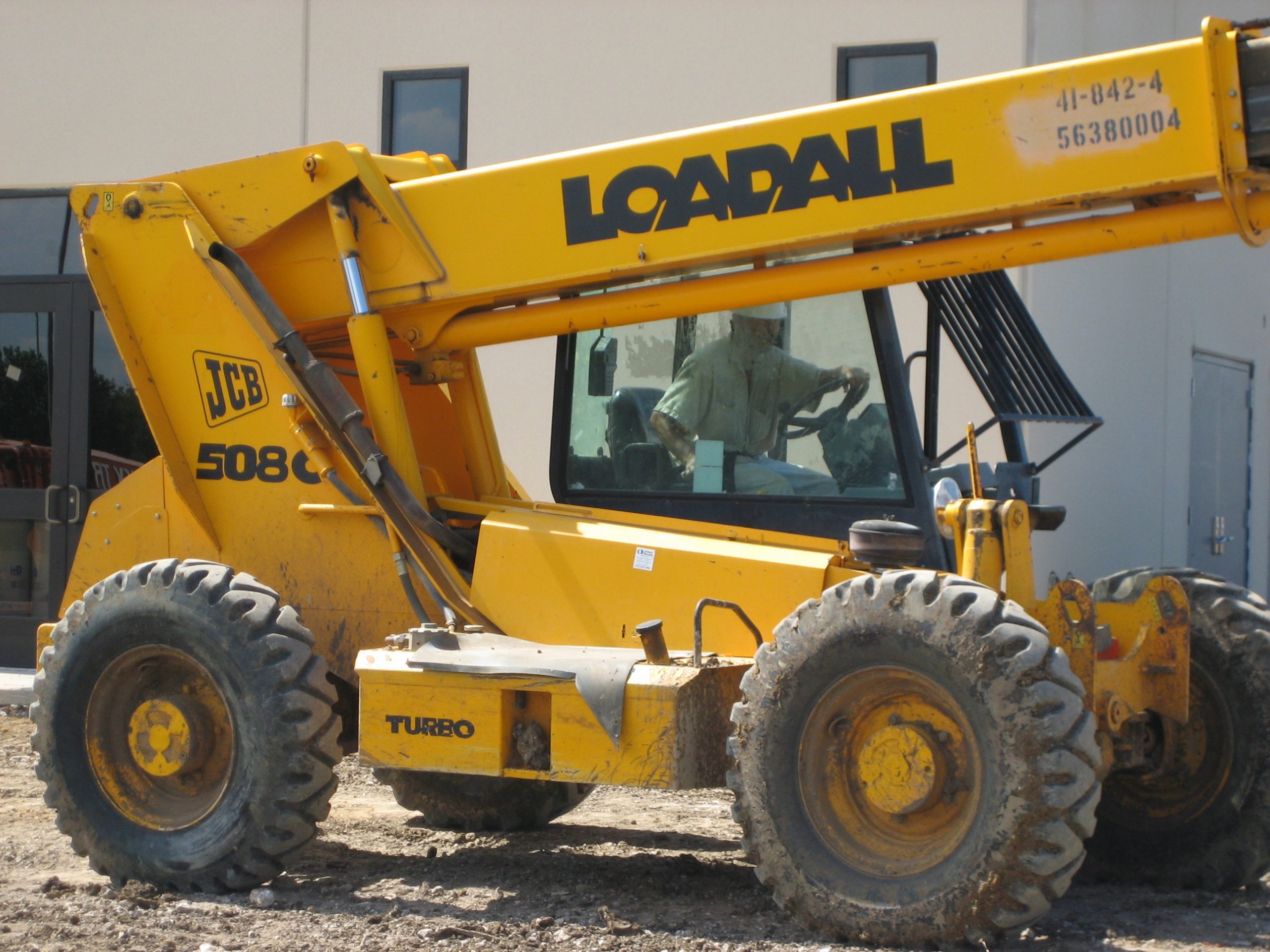

Downtime can cost your company thousands of dollars. One machine that's not running can bring an entire operation to a halt. So, how do you avoid downtime? Here's a look.
You hear it all the time but preventive maintenance is your best defense against downtime. Being proactive will also help your company save on fuel and helps keep your workforce safer.
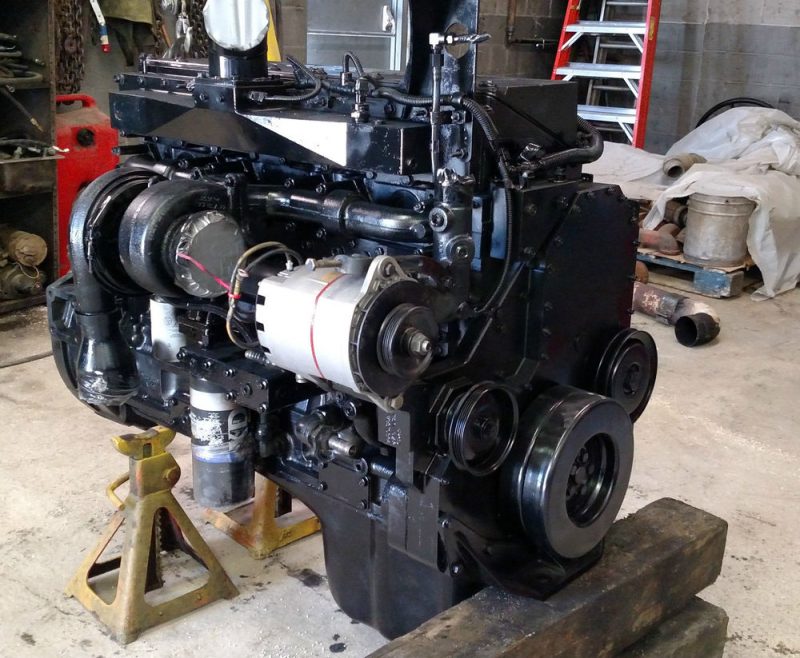
Fluid is the most important element to keeping your machine running right. Hydraulic fluid and oil absolutely must be checked and installed properly. If you don't check your fluid levels on a regular basis, you are only asking for trouble.
Also look for excessive grease build-up and oil leaks. Use only lubricants recommended in the operator’s manual and install the correct levels.
Be sure to clean machine components often including filters, seals, cooling fans, and vents.
Poor operating habits can wear out your machine faster than it needs to. Obviously accidents will lead to downtime, but so will overloading your buckets and using the wrong machine for certain jobs.
Several different factors can cause wear and tear over time, including poor operating habits, accidents, environmental factors, and aging.
Even if you take all the precautions necessary, old father time will eventually catch up to you. Belts will warp, seals will crack, and bolts will bend or stretch. For this reason, keep checking to make sure you're not taken off guard.
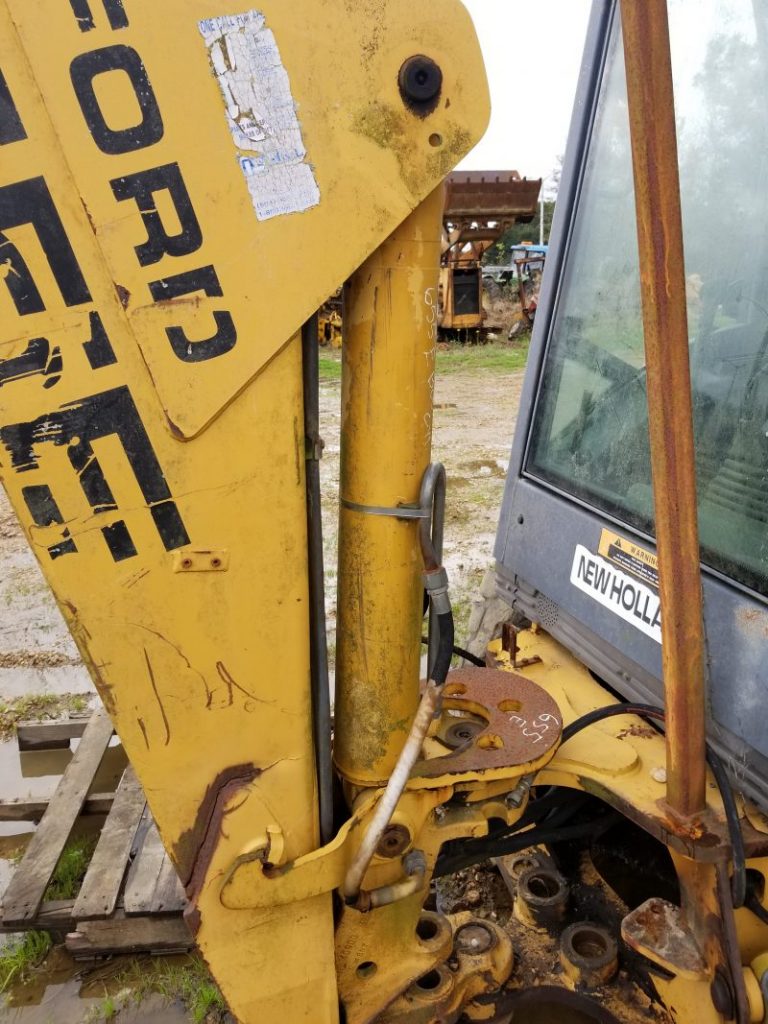
Also check electronics and electrical wires. Be on guard for parts operating too hot, with too much vibration, and out of balance. You should also check starters, alternators, and other electrical parts regularly.
Honor the performance limitations such as maximum load capacity, operating pressure and temperature.
Don't allow untrained operators in your cabs. Not only will an inexperienced operator risk damaging your machine, it can make for an unsafe worksite.
For this reason, be sure you put an emphasis on training. Training your employees is also the best way to ensure your equipment works within operating limits. Operator training should be ongoing to make sure safety steps aren't skipped or forgotten.
Keeping records is a great way to make sure you have your finger on the pulse of your machine. Keeping track of oil changes, part installations, and machine incidents will allow you to make informed decisions.
All of the above seems like a time consuming undertaking, but with some practice, it won't take up too much time, and will definitely save you the precious time lost when a machine is down.




